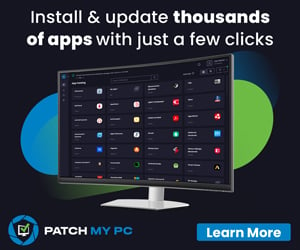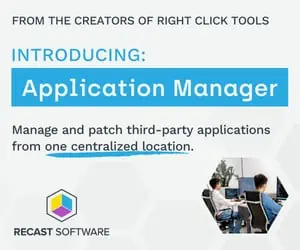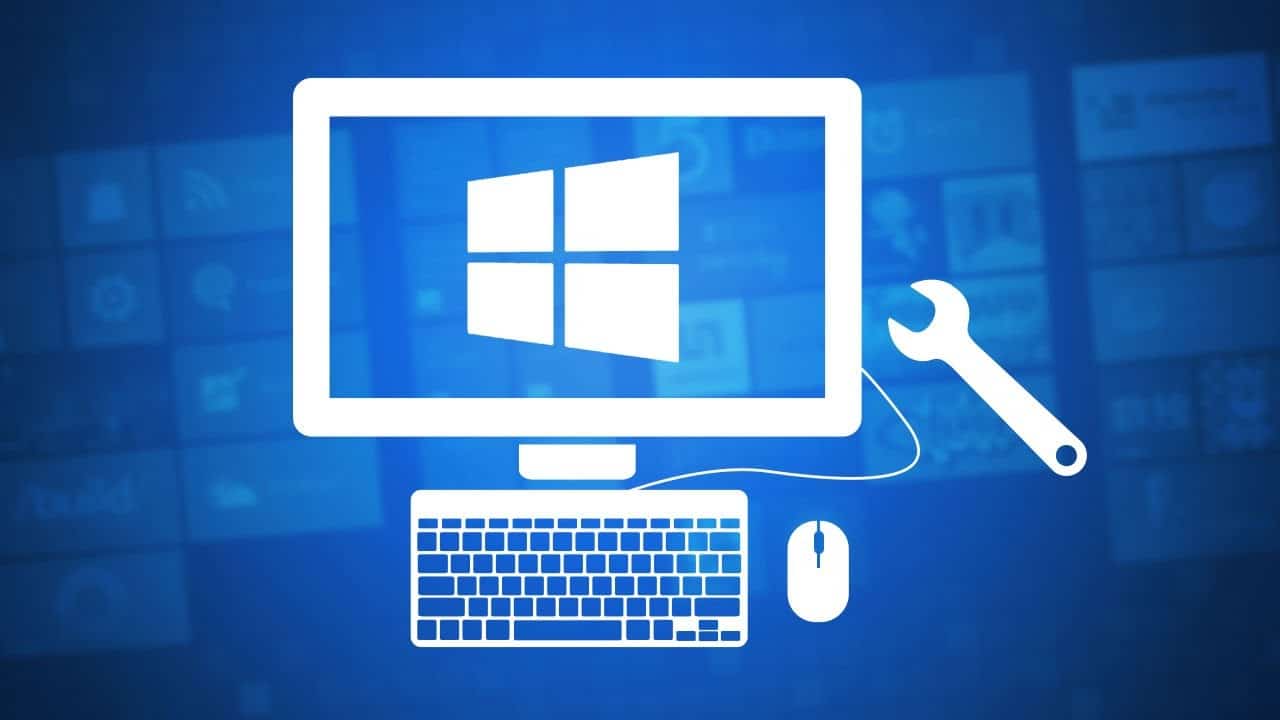After you upgrade to SCCM 2002, you will find 9 new management insight rules under Configuration Manager Assessment group. Let’s explore these new rules and understand what they do.
First of all, to work with these new management insight rules you must upgrade your Configuration Manager to version 2002. You can upgrade SCCM 1806 and above to version 2002. For the SCCM 2002 upgrade guide, refer this post – https://www.prajwaldesai.com/configuration-manager-2002-upgrade-guide/
Among the SCCM 2002 new features, one of the new addition is the management insight rules. With almost every current branch release we see the new management insight rules being added. I am not sure how many of you use it but I find it very useful. If you have been working on technical preview builds, you can see a preview of these new rules.
So in SCCM 2002, you can find total nine new Management Insight Rules. To understand in-depth about Management Insight rules in SCCM, you can refer these posts.
SCCM 2002 New Management Insight Rules
Listed below are 9 new management insight rules in SCCM/MEMCM 2002 current branch.

Active Directory Security Group Discovery is configured to run too frequently
This rule checks if you have configured Active Directory Security Group Discovery to run too frequently. You don’t need to run this discovery frequently than every three hours.
If you do so then it can have a negative performance impact on Active Directory, the network, and Configuration Manager.
Active Directory System Discovery is configured to run too frequently
This insight rule checks if you have configured Active Directory System Discovery to run too frequently. You don’t need to run this discovery frequently than every three hours. If you do so then it can have a negative performance impact on Active Directory, the network, and Configuration Manager.
Collections limited to All Systems or All Users
Run this insight rule to check if any collections that use the All Systems or All Users collections as the limiting collection.
Active Directory User Discovery is configured to run too frequently
Similar to the first two insight rules, this insight rule checks if you have configured Active Directory User Discovery to run too frequently. You don’t need to run this discovery frequently than every three hours.
Heartbeat Discovery Disabled Insight Rule
Among all the discovery methods, Heartbeat discovery is the only discovery method that clients start. Heartbeat discovery is essential to keep client activity status current. It also makes sure that the site doesn’t accidentally age out the resource records from the site database.
Long running collection queries enabled for incremental updates
Collections with a last incremental refresh time higher than 30 seconds could potentially impact overall Configuration Manager performance.
Reduce the number of applications and packages on distribution points
This insight rule checks if there are total 10,000 applications and packages on a SCCM distribution point. Microsoft supports a total of up to 10,000 packages and applications on a distribution point. However if you exceed the count, it can lead to operational problems.
SCCM 2002 Secondary site installation issues
A very useful management insight rule if you have SCCM 2002 secondary sites in your setup. Sometimes the installation status of secondary sites is either Pending or Failed. This rule checks for secondary site installation issues. You can go to Monitoring section and retry the installation.
Update all sites to the same version in SCCM 2002
As a rule, you must always use the same version of Configuration Manager in a hierarchy. This configuration makes sure all sites provide the same functionality.
In addition to the above rules, there are two additional rules in the Cloud Services group. These rules help you configure your site for adding secure HTTPS communication.
- Sites that don’t have proper HTTPS configuration.
- Devices not uploaded to Azure AD.













